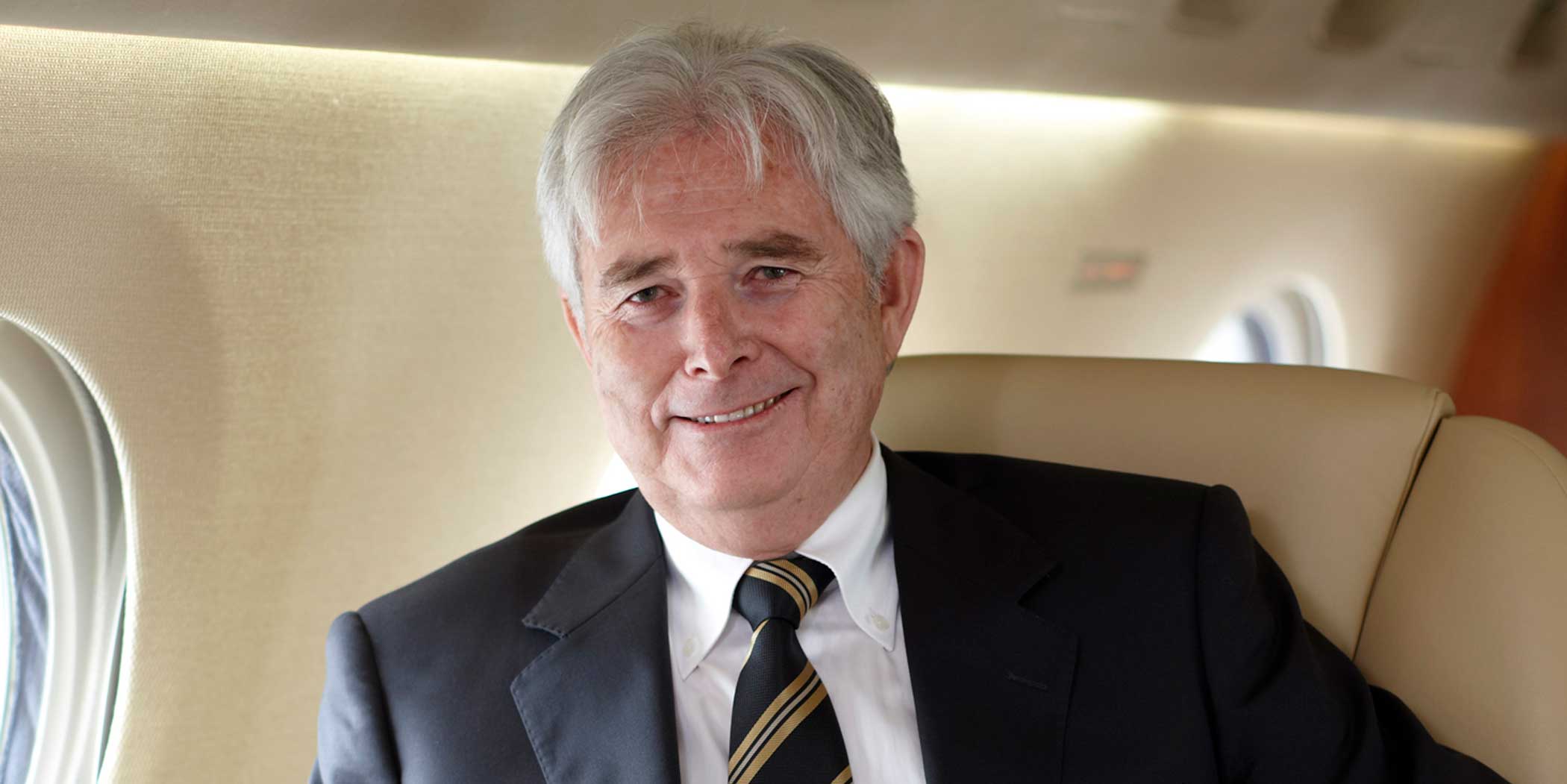Click Here to View This Page on Production Frontend
Click Here to Export Node Content
Click Here to View Printer-Friendly Version (Raw Backend)
Note: front-end display has links to styled print versions.
Content Node ID: 404390
Despite hopes of an uptick, most believe that international charter flights have remained unremarkable. But business has been much stronger for domestic flights in China and business aviation leaders see encouraging signs for the rest of Asia once the pandemic eases.
When the pandemic began, the industry experienced an influx of hype on air charter inquiries and activity. “People thought business aircraft charter would likely increase because of Covid-19, but unfortunately that’s just not true,” said Denzil White, Hong Kong-based Metrojet managing director of aircraft management and charter. “When you examine it and look at the details, we are an industry governed by Covid. It is not over, and we are now seeing an uptick in mutations. Whether it’s owner or charter flying, we’re still governed by the same restrictions, and it’s definitely tough to fly,“ said White.

The consensus is that it is taking too long to reach herd immunity to provide a boost for the industry in Asia. While domestic business aircraft travel in China has recovered by 95 percent, international charter activity is still sitting at less than 20 percent. “This is where Hong Kong is really suffering, as all of our flights are international. At the same time, factors like the mandatory 21-day quarantine have pushed pricing up significantly, and customers don’t appreciate the increased costs associated with crew quarantine,” said White. Charter requests in the Asia region thus far have largely been for repatriation, medical, crisis, and cargo purposes.
Despite the challenges, White remains optimistic. “The positive side is that there’s a new market segment being appreciated, where health and safety are critical going forward. Those who previously weren’t willing to allocate funds to business jets are now considering or are willing to fly on them. When Covid-19 subsides, we expect there to be an increase in charter and fractional ownership,” said White.
Even though many have become familiar with virtual meetings over the last year, White believes that business aviation, like many other businesses, relies on relationships. The return of cross-border business aviation charter activity would likely focus on building or rekindling those relationships.

Hong Kong and Beijing-based Sino Jet group president Jenny Lau agreed. “Even though international flights have pretty much been banned since October 2020, domestic charter flights within China have really picked up, and we’ve experienced a lot more activity than previous years for both business and leisure charter users. Some of these domestic clients were previously first-time clients who happened to have experienced charter flying for the first time via their first international charter booking with us for repatriation,” she said.
In some cases, demand for domestic China charter has been so high that there have been shortages. According to Lau, the major cities in China remain the most popular charter destinations. There has also been a noted increase in charters to the city of Sanya in Hainan as well as to the Changbai Mountains in northeast China.
“More clients are getting used to charter, and some of them have been converted to owners, too,” said Lau. In terms of desired aircraft size, Lau’s clients continue to prefer ultra-long-range aircraft such as the Gulfstream G650 and Bombardier Global 7500, and with a notable uptick in preowned business jet purchases.
Lau believes that business jet charter and ownership are going to be “very hot” after Covid. “Prospective owners and charter users are more wary of the health and safety concerns in their travels now, and they want to go with the safer route.” According to Lau, another reason is that many clients did much better financially with their positions in the stock market during the pandemic and hence have greater spending power going forward.

According to Vicky Tsui, v-p of sales and marketing and customer service for Shenzhen-based Amber Aviation, “The domestic charter market has been recovering rapidly since July 2020, due to the stabilization of the pandemic in China.” There was a “long boom” in charter activity particularly from October to this past February, and Amber Aviation's charter activities in 2020 were increased by 80 percent compared to 2019.
Tsui is confident that business jet charter will flourish when the pandemic is over. “The Covid-19 pandemic has played a pivotal role in popularizing business jet travel. As the wider public begins to identify both the safety benefits and cost viability of business aviation, business jets are being justified as a practical choice and less of a luxury expense.”
Jet Aviation Asia region senior director Carlos Gomez has had a similar experience and an optimistic outlook. “In addition to the fear of the pandemic, the difficulties with the multiple restrictions imposed on passengers and crew made it a real challenge to plan and execute charter and owner flights. As if that was not enough, the different quarantine requirements for the crews translated into additional costs to the operators increasing the costs of the trips,” said Gomez.
Gomez confirmed that Jet Aviation also experienced additional requests for quotes and the arrival of first-time customers who are looking for increased security and social distancing. In most cases, however, those inquiries were tentative requests and rarely transformed into actual bookings. “Moving forward, we see the demand for requests for the summer as vaccination campaigns are expected to help ease travel restrictions. Clients seem to anticipate there will be some kind of relaxation, and so they are beginning to make preparations in hopes there are real options to travel very soon,” he said.

VistaJet chief commercial officer Ian Moore was similarly bullish in the Asia region’s charter outlook. “In the second quarter, we have seen steady growth in traffic month by month. And with the likely improvement and easing of restrictions expected by the summer and with more people being vaccinated, we are optimistic that demand in Asia will continue to grow and there will be a strong recovery in the second half of the year for the industry,” Moore said.